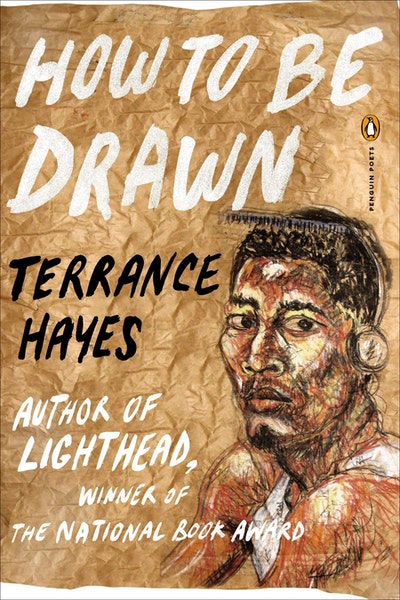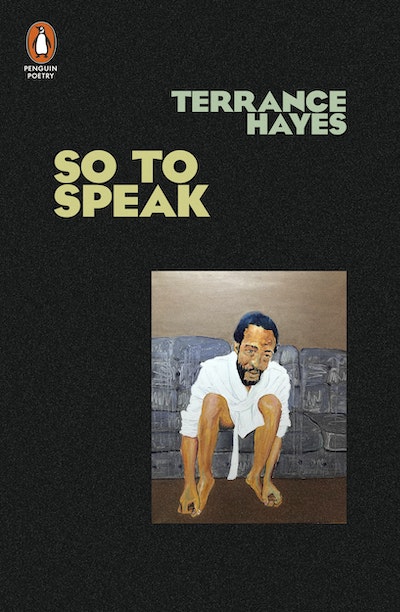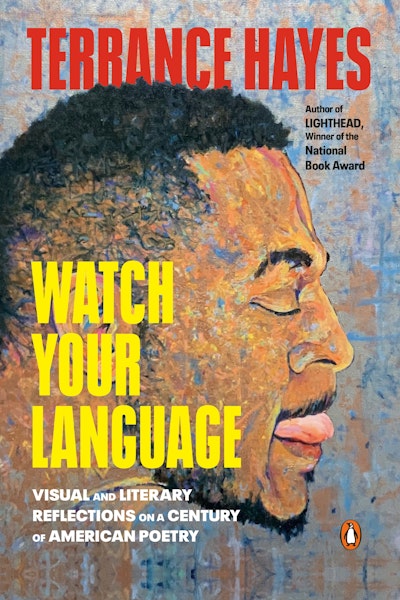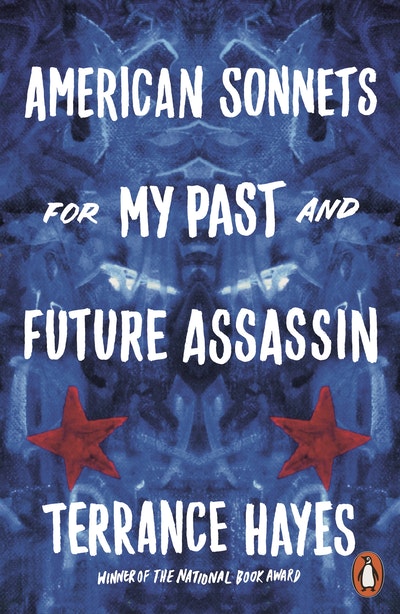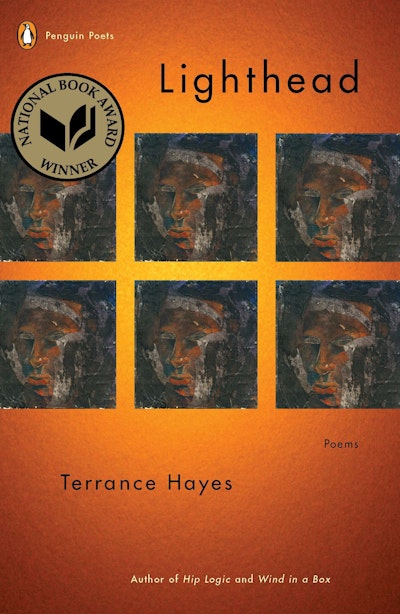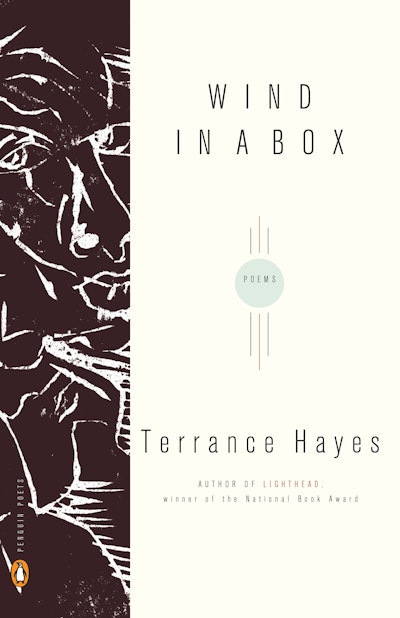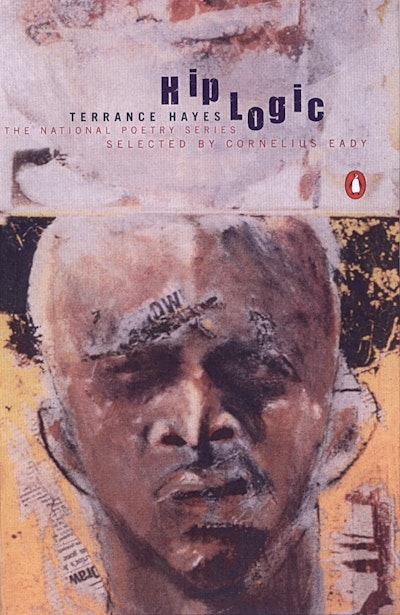Praise for Lighthead
"Hayes's fourth book puts invincibly restless wordplay at the service of strong emotions: a son's frustrations, a husband's love, a citizen's righteous anger and a friend's erotic jealousy animate these technically astute, even puzzlelike, lines. . .As in Hip Logic, Hayes here owes something to contemporary hip-hop and a great deal to old, rhyming poetic forms, even as he invents forms of his own."--Stephen Burt, The New York Times Book Review
"Hayes work is terrific, and characteristic of a certain strain in contemporary poetry: it's grounded in narrative even as it's linguistically dense and playful, with allusions to formal verse traditions and to pop culture new and old."--Gregory Cowles, The New York Times
"If you are looking for virtuoso technique, for fierce games played at the highest possible level on the field of the English language, for invention within existing forms and for poetry forms brand new to English, 2010 brought no better place to look than Terrance Hayes's Lighthead. . . A book of terrific and challenging gamesmanship, a book about fathers and families, a book about love and sex and even marriage, a book about stereotypes and solidarity: Lighthead is all of these things. It is a 'heady' book too, intellectual as well as exciting."--Stephen Burt, bookcritics.org
"Hayes writes a crammed, riffing kind of poem. LIghthead shows him going heedlessly wherever the poems take him even towards Wallace Stevens."--Dan Chiasson, "Eleven Best Poetry Books of 2010," The New Yorker
"In Lighthead, Hayes looks and sometimes talks back to ancestors both poetical and political. . . In this rollicking, refined volume, Hayes holds in his ear not only the resonances of predecessors like [Gwendolyn] Brooks and Hayden, but also the tones of African-American discourse that exploration of hyphenation more generally. . .for all his attention to poetic roots, Hayes's work exhibits a refreshing rootlessness."--Abigail Deutsch, Poetry
"Playful, edgy. . .[Lighthead features] some of Hayes's strongest writing."--The Washington Post
"The deservedly acclaimed Hayes returns in his fourth book with the kinds of sly, twisting, hip, jazzy poems his fans have come to expect, but also with a new somberness of tone and mature caution. . .Hayes, now entering mid-career, remains one of our best poets."--Publishers Weekly
Praise for Lighthead
"Hayes's fourth book puts invincibly restless wordplay at the service of strong emotions: a son's frustrations, a husband's love, a citizen's righteous anger and a friend's erotic jealousy animate these technically astute, even puzzlelike, lines. . .As in Hip Logic, Hayes here owes something to contemporary hip-hop and a great deal to old, rhyming poetic forms, even as he invents forms of his own."--Stephen Burt, The New York Times Book Review
"Hayes work is terrific, and characteristic of a certain strain in contemporary poetry: it's grounded in narrative even as it's linguistically dense and playful, with allusions to formal verse traditions and to pop culture new and old."--Gregory Cowles, The New York Times
"If you are looking for virtuoso technique, for fierce games played at the highest possible level on the field of the English language, for invention within existing forms and for poetry forms brand new to English, 2010 brought no better place to look than Terrance Hayes's Lighthead. . . A book of terrific and challenging gamesmanship, a book about fathers and families, a book about love and sex and even marriage, a book about stereotypes and solidarity: Lighthead is all of these things. It is a 'heady' book too, intellectual as well as exciting."--Stephen Burt, bookcritics.org
"Hayes writes a crammed, riffing kind of poem. LIghthead shows him going heedlessly wherever the poems take him even towards Wallace Stevens."--Dan Chiasson, "Eleven Best Poetry Books of 2010," The New Yorker
"In Lighthead, Hayes looks and sometimes talks back to ancestors both poetical and political. . . In this rollicking, refined volume, Hayes holds in his ear not only the resonances of predecessors like [Gwendolyn] Brooks and Hayden, but also the tones of African-American discourse that exploration of hyphenation more generally. . .for all his attention to poetic roots, Hayes's work exhibits a refreshing rootlessness."--Abigail Deutsch, Poetry
"Playful, edgy. . .[Lighthead features] some of Hayes's strongest writing."--The Washington Post
"The deservedly acclaimed Hayes returns in his fourth book with the kinds of sly, twisting, hip, jazzy poems his fans have come to expect, but also with a new somberness of tone and mature caution. . .Hayes, now entering mid-career, remains one of our best poets."--Publishers Weekly
